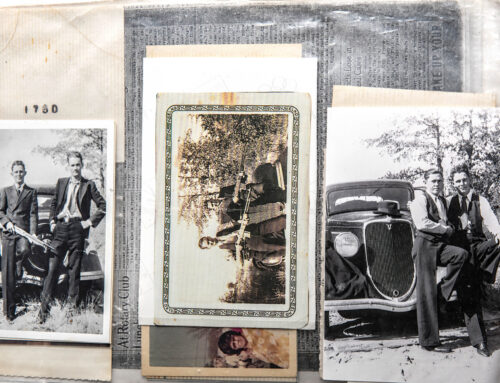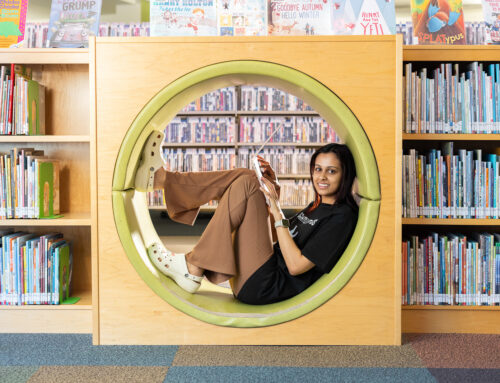Election season is upon us. I already know what you’re thinking. Why is the religion column bringing up elections? That is probably accurate regardless of which “side” you are on. In the divisive political climate of the day, people would like religion to speak to our souls and not our party, a respite from the gross rancor of our lives. I get that. But if we don’t care for the material well-being of our siblings in the world, our souls are deeply impoverished. Politics is how we do that.
Politics is the way that we decide how we are going to treat one another, how we are going to organize ourselves, how we’re going to live together. In a representative democracy, politics is how we live out our values in the public square. It is inevitable that our religious views will inform how we vote.
Because our religious views differ so widely, even among Christians, this gives everyone a lot of anxiety. The secular left is worried about those who would enmesh church and state. And the Christian right is worried that their pride of place is being diminished. Those of us that count ourselves among the Christian left worry about both, wondering what will be left standing if anyone ever wins the culture war. We need ways to talk to each other.
Unfortunately, we no longer begin our conversations on common ground. Rather than communicating to understand one another, to be vulnerable to the possibilities that others present, our words seek to place us on one side of a dividing line. Our belonging is determined by our beliefs, and our actions only defend our positions.
The Christian Gospel promises us that we are all loved, supported and free. It strikes me that this is language that could bridge the chasms that divide us. Who doesn’t want to be loved, supported and free? Who wouldn’t want others to be loved, supported and free? But there are two tricks to this.
The first is that we have to believe this for ourselves. We have to believe we deserve it – every bit of it. That seems simple, but it’s not because these things play off of one another. They can support one another or collide with one another. Feeling supported and guided can feel constraining and excluding, that we will no longer belong if we don’t adhere to our guides. Or it can feel freeing, an inner sense of confidence because we know that we will be loved and belong no matter what.
The second trick is that we have to listen to others, to take them seriously about what they need to know: They are loved, supported and free. It is too easy, particularly within a framework of Christian evangelism, to think that we know what is good news to others. But we don’t. Whenever we say that something is “good,” there is a silent “for” on the end of it – “good for” who? If we don’t listen, we don’t know.
So, as we move toward election season, whether local elections this May or the big show of the 2020 national elections, let’s ask ourselves not “what side we are on?” but “who can create a world that allows each of us to feel loved, supported and free?” Let’s believe it for ourselves and take it seriously for others. Let’s let the good news be good for all.





